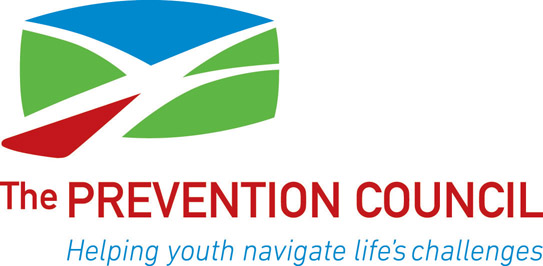May 15, 2013
By Patty Kilgore
Director of Counseling Services
The Prevention Council
Editor’s note: Through Friday, The Saratogian is collaborating with the Prevention Council as part of National Prevention Week. This observance is an opportunity to raise awareness about substance abuse and mental health issues, to promote prevention efforts and to educate our local communities about the factors that influence substance use. Prevention Week celebrates the idea that everyone has a role to play in prevention. In order to be most effective, prevention should be woven into all aspects of young peoples’ lives.
The onset of spring brings longer days, warmer temperatures and better moods for most, as we shake off cabin fever and soak up the sun.
Many parents, though, may be discovering that what they thought was a case of the winter blahs for their teen may be something more serious. If the blahs haven’t lifted now that the days are longer and sunnier, your teen may be suffering from depression.
Depression is a treatable condition, but if left untreated it can have tragic results. Suicide is the third leading cause of death among adolescents.
And contrary to popular opinion, most teens who take their own life do show signs of distress and frequently make threats or drop hints prior to a lethal attempt.
All threats of self harm and suicide must be taken seriously. These threats should not be simply viewed as attention-seeking behavior.
Something is very wrong when a teen threatens or attempts to end his or her life. It’s important to seek professional help if your teen shows any signs of at-risk behavior, including prolonged sadness, verbalized hopelessness, preoccupation with death, giving away prized possessions or talking about suicide and self-hatred.
Teens who suffer from anxiety or depression are at much higher risk than their peers of using substances as an escape.
When teens don’t get the help they need, it’s common for them to self medicate with whatever substance is easily accessible.
But it’s important to keep in mind that when a teen is feeling suicidal, alcohol and drug use can lead to disaster. Because alcohol and drugs can temporarily numb feelings, a suicidal teen might think it’s the solution.
But it’s a very short-lived solution. Self-medicating leads to increased depression, poor judgment and impulsivity — factors that can have fatal results via accidents or deliberate actions.
The single most important thing adults can do to prevent suicide is to provide support.
Your teenager needs to know that you support and love him or her unconditionally, and that you are willing to help. Moodiness, rebellion and testing limits are normal teen behaviors.
But depression and suicidal thoughts are not. If you suspect your teen is depressed, suicidal or suffering from another mental health condition, please seek help.
Learn the signs of suicidal thoughts and feelings. Trust your gut. You know your child best and you know when something is seriously wrong.
